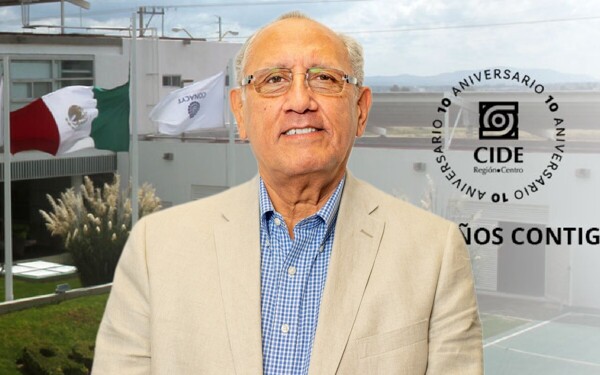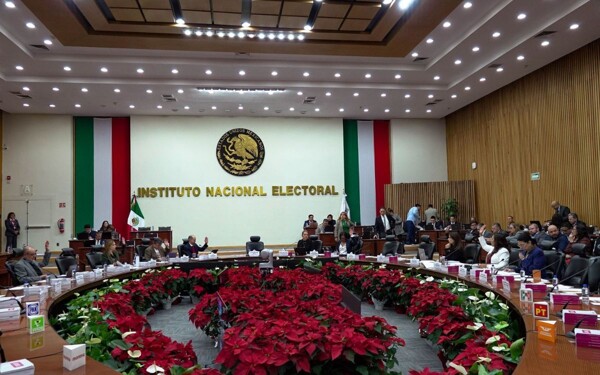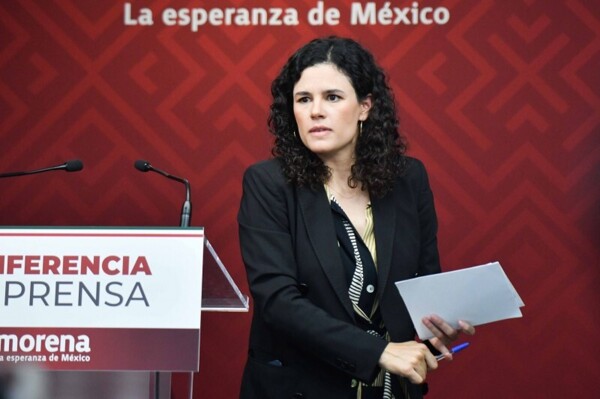
Judicial reform in Mexico has generated controversy by trying to implement an organization of jurisdiction based on political representation. This has led to absurd situations, such as a judge residing in Mexico City only resolving matters from that federal entity. This logic was transferred to the electoral sphere with the creation of the concept of "judicial district," which is not contemplated in the Constitution.
The concentration of workload in Mexico City is due to the location of the Powers of the Union, not to a larger population or judicial conflicts. This distorts the original purpose of the reform, which does not guarantee that all judges are elected according to their specialty. For example, a federal judge who sentences a criminal organization that affects the entire country may be elected in Jalisco or the State of Mexico, without considering the location of the criminal gangs.
The judicial reform is perceived as a fraud, a blunder, and a deception to citizens seeking the democratization of justice. The organization of the Judiciary in basic geographic areas contrasts with the district division in electoral matters, which seeks homogeneous population representation in each district. The design errors of the reform have generated criticism and questioning of its effectiveness.
The direct implication of this reform is that voters in Mexico City will only be able to vote for the judges assigned to their specific electoral section, instead of being able to choose from all judges who may decide on their legal matters. This difference in electoral representation is evident when comparing the number of positions to be elected between different entities like Colima and Mexico City.
In summary, judicial reform in Mexico has been subject to criticism for its focus on political representation instead of adequately addressing the geographic distribution and specialization of judges and magistrates. The design errors and lack of consideration for the jurisdictional dynamics have led to a questionable implementation that strays from the original objectives of strengthening the country's judicial system.














